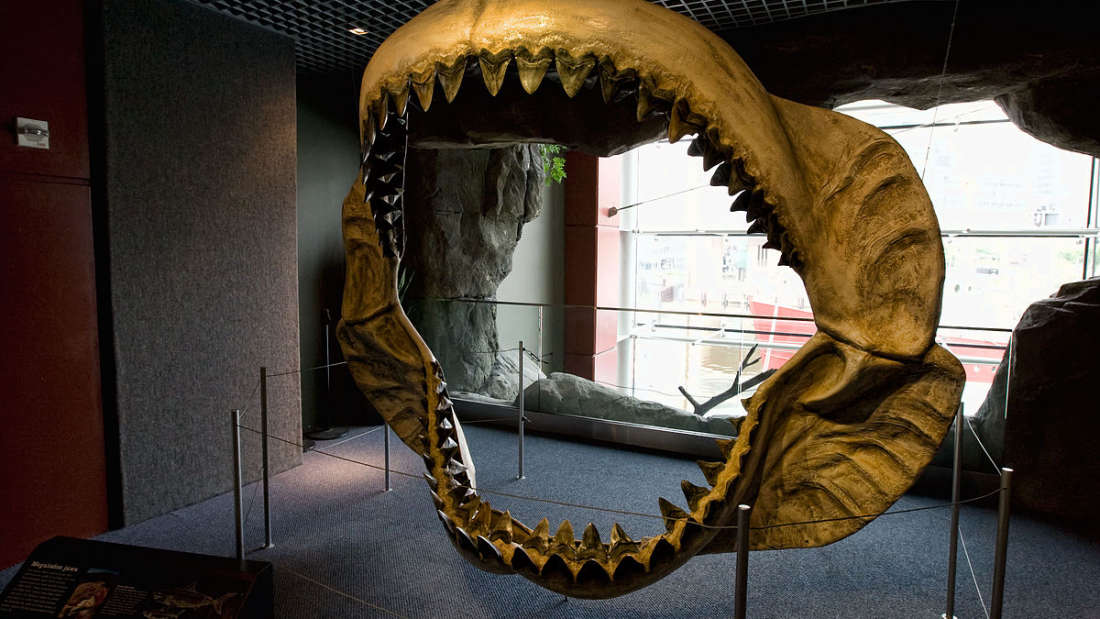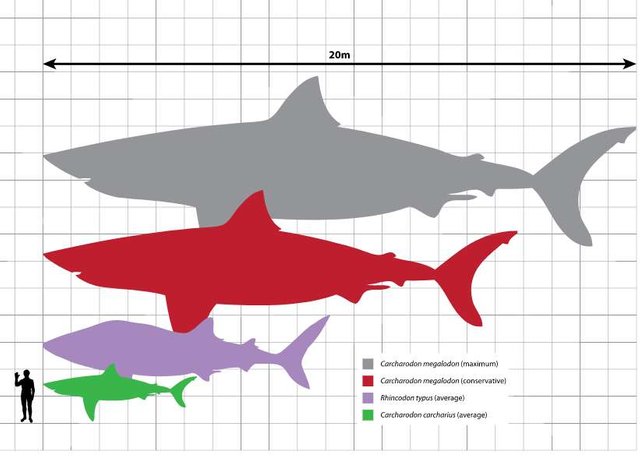We Finally Know What Killed Off The Megalodon Super Shark

Depending on how you count them, there have been anywhere from five to eight mass extinctions throughout the history of the world. The worst was by far the “Great Dying”, a 252-million-year-old event, triggered by a cataclysmic volcanic eruption, which wiped out as much as 96 percent of all species.
Some “lesser” extinction events, quite understandably, can slip under the radar. For example, it’s been suspected for some time that at the Pliocene-Pleistocene transition, around 2.6 million years ago, a significant extinction event took place, but quantifying just how bad it was has proved elusive.
Now, a new study by the University of Zurich has appeared to have confirmed that before the famous megafauna of the land – the wooly mammoths and saber-toothed cats – succumbed to a variety of antagonizing factors, the oceans suffered greatly as well.
This transition between the two geological epochs featured a switch from a warm period to a period of extensive glaciation, which appears to have caused a rapid drop in sea level and significant, ocean-wide cooling.
Based on a new assessment of the fossil record, this was enough to kill off a surprisingly high number of large marine creatures: overall, more than a third of all marine megafauna died out during the switchover.
Marine mammals were hardest hit, losing 55 percent of their diversity. Around 43 percent of sea turtles and 35 percent of sea birds also bit the dust. Remarkably, only 9 percent of sharks died out – but this included a rather notable heavy hitter.
We are, of course, talking about the Megalodon, one of the largest and most fearsome apex predators in Earth’s

Reaching lengths of up to 18 meters (59 feet), this terrifying beast is occasionally thought (hoped) by the denizens of the web to be still alive, still hiding out somewhere in the vast deep oceans today.
It definitely died out 2.6 million years ago, however – and researchers have been trying to figure out why ever since the first fossil evidence of it was discovered. Various factors have been posited, including a collapse in its food supply, overcompetition from other creatures, and sudden oceanic cooling.
This new study, published in the journal Nature Ecology & Evolution, suggests that the loss of biodiverse coastal habitats – driven by sea level regression – was enough to trigger a mass die-off that even the giant ancient shark couldn’t swim away from. Essentially, a self-destructing food chain starved the energy-intensive Megalodon to death.
“The discovery of this extinction event reveals that the biodiversity of marine megafauna was more sensitive to environmental changes in the recent geological past than hitherto assumed,” the team write in their study.
They then reference man-made climate change, noting that its “potential consequences for marine megafauna should not be underestimated.”
link http://www.iflscience.com/plants-and-animals/finally-know-killed-off-megalodon-super-shark/